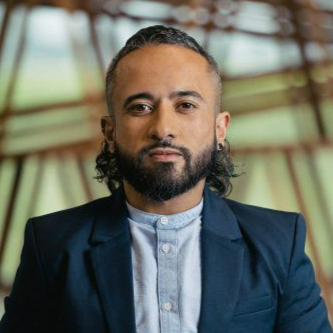In a surprising turn of events, New Zealand First has made a return to Parliament with eight seats.
However, the party’s fate in any potential government hinges on the final tally of special votes yet to be counted.
At the age of 78, NZ First leader Winston Peters addressed his supporters on Saturday night after receiving 6.46% of the country’s votes.
“We have done the impossible,” he told them.
Before the general election, National had ruled out any collaboration with NZ First to form a coalition.
Today Shane Jones (NZ First) signaled that it remained firm on its stance.
Caucus first
“There will be no formal dialogue between the top of the National tree and the top of the NZ First tree until the caucus, until our new members, our returning MPs, have been shown the respect of seeking their views before other outward kōrero goes down.”
Special votes, which hold a potentially game-changing significance in Aotearoa’s political landscape, were also highlighted by Jones.
He pointed out something that has happened in previous elections.
“It’s important to remember that in 2008, 2011, 2014, and 2017, once all those special votes were counted, the actual vote for the National Party went down.”
New Zealand First MPs will be gathering in Wellington tonight, the first time they will meet as a caucus since 2020.
It will include four New MPs - Tanya Unkovich, Andy Foster, Jamie Arbuckle and Casey Costello. It will also see Mark Patterson and Jenny Marcroft return to Parliament.
Jones offers warning
Jones wants his new MPs to be aware of the demands and scrutiny that come with public office.
“Any new MP does not take for granted how pervasive and invasive a role in public life can be.
“Things that represent tiny irrelevant lapses in your personal life as a private citizen can easily be taken out of context and maximised in public light,” says the former Labour cabinet minister who was revealed to have used his ministerial card in 2007 to charter a plane, buy wine, magazines, books and to hire porn movies.
NZ First is also hopeful that there won’t be a need for a re-election, as it considers it too expensive for the country.


